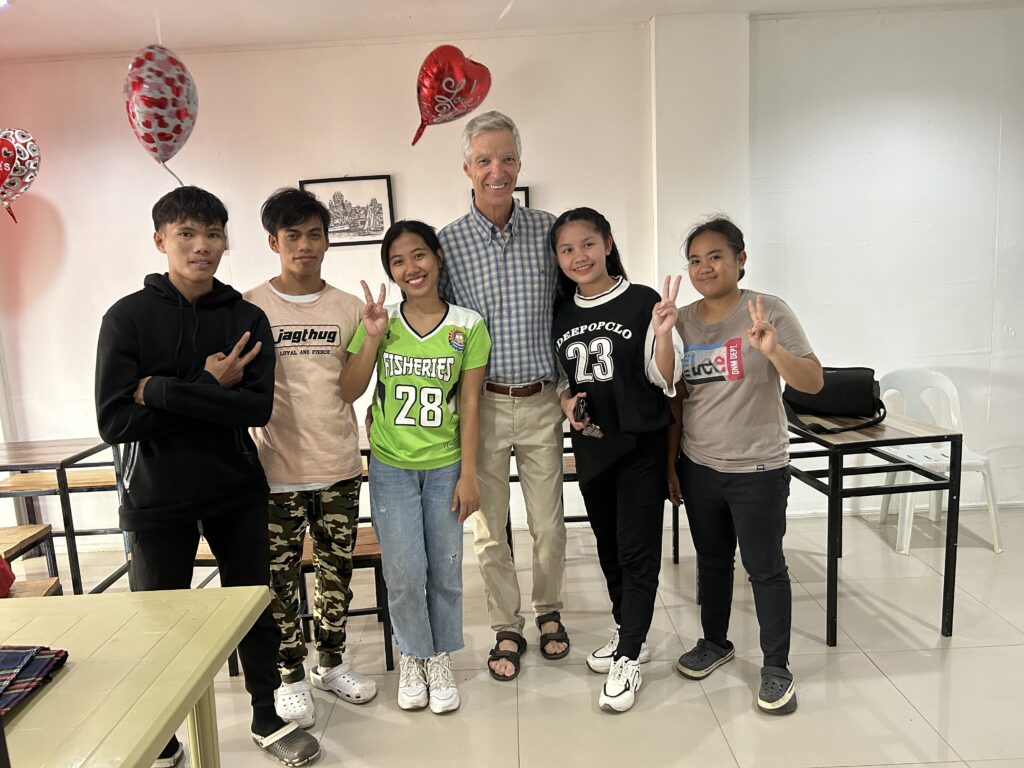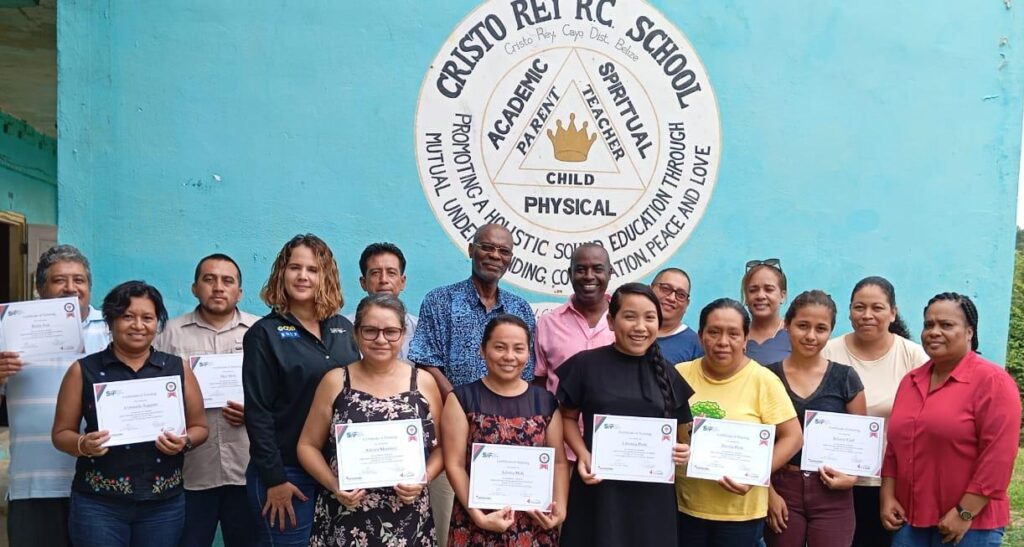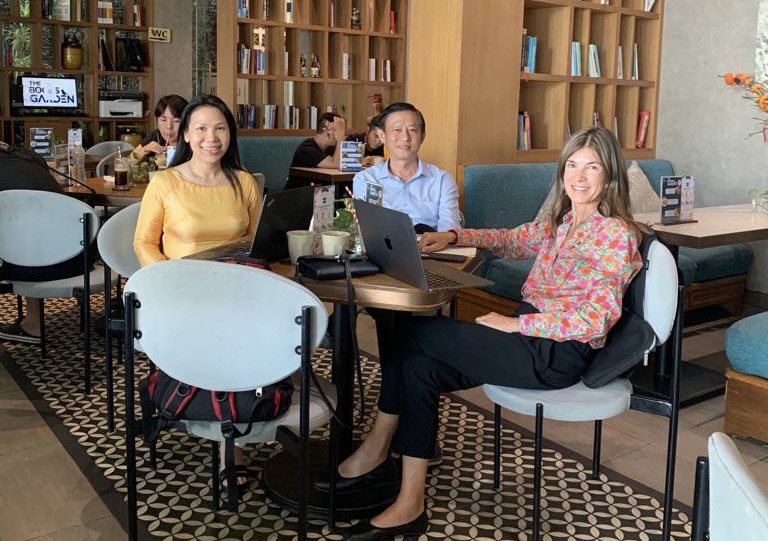Memories of Mongolia
,
Mongolia! The name conjures up images of ancient empires and far-off places. But for most of us, our knowledge of the country is limited to the names of the fearsome Khans, Genghis and Kublai, and the fact that Ulaanbaatar, the capital city, is the only national capital in the world colder than Ottawa.
To be frank, Mongolia was on neither of our bucket lists. But when the opportunity presented itself, we jumped at the opportunity to visit this fabled part of the world. As events transpired, it was among the most rewarding and memorable experiences of our lives, both professionally and personally.
We are both statisticians, with careers devoted to the development, production and analysis of economic statistics at Statistics Canada. Internationally, Statistics Canada has (twice) been designated by a panel of distinguished statisticians assembled by The Economist magazine as the leading national statistics agency among industrialized countries. Other countries’ statistics agencies may also claim to be ‘top dog’; but there is little question that Statistics Canada is highly regarded in setting and upholding best practices and international standards. It was for this reason that the Mineral Resources and Petroleum Authority of Mongolian (MRPAM), with which CESO has been working, sought Canadian assistance to strengthen their statistical operations.
Because of our previous experience, we were asked by CESO (and MERIT, the executing agency in Mongolia) to provide technical assistance on the generation, use and dissemination of mining and petroleum statistics at MRPAM, including the economic, social and environmental impacts.
We started with fact-finding, to learn about the operations and objectives of MRPAM. Then, over the course of a month, we provided specific recommendations for a 3-year Action Plan (which MRPAM has agreed to) to strengthen their statistical capacity and staff development. In this context, an important aspect of our work was to link MRPAM with the national statistics office, which conducts surveys of the mineral sector as a key element of the national economy.
Our work did not take us outside Ulaanbaatar; nevertheless, we were able to see some of the spectacular countryside at weekends. Mongolia is known for its endless vistas of rolling hills (steppes) and clear blue sky, populated by graziers tending large herds of cattle, sheep, yaks and goats.
Among our enduring memories:
• A day-trip to Genghis Khan’s 40-metre tall, gleaming stainless steel statue overlooking the Tuul River.
• The Ariyabal Buddhist mediation temple, sitting majestically atop a valley in Terelj National Park. The hike up to the temple gave us a workout for the day and, from the top, afforded us magnificent views of the valley below.
• We couldn’t resist golfing in Mongolia (as we had done in South Africa), together with CESO colleague Don Arsenault. The Riverside golf course, set beside the Tuul River and beneath the Songino-Khairkhan mountain range, was incredibly scenic. To our surprise, the course boasted some of the best greens we had ever seen. But the fairways were another story! The strong wind blew the flags at right angles to the pins…and who cares if we lost almost three dozen golf balls!!!
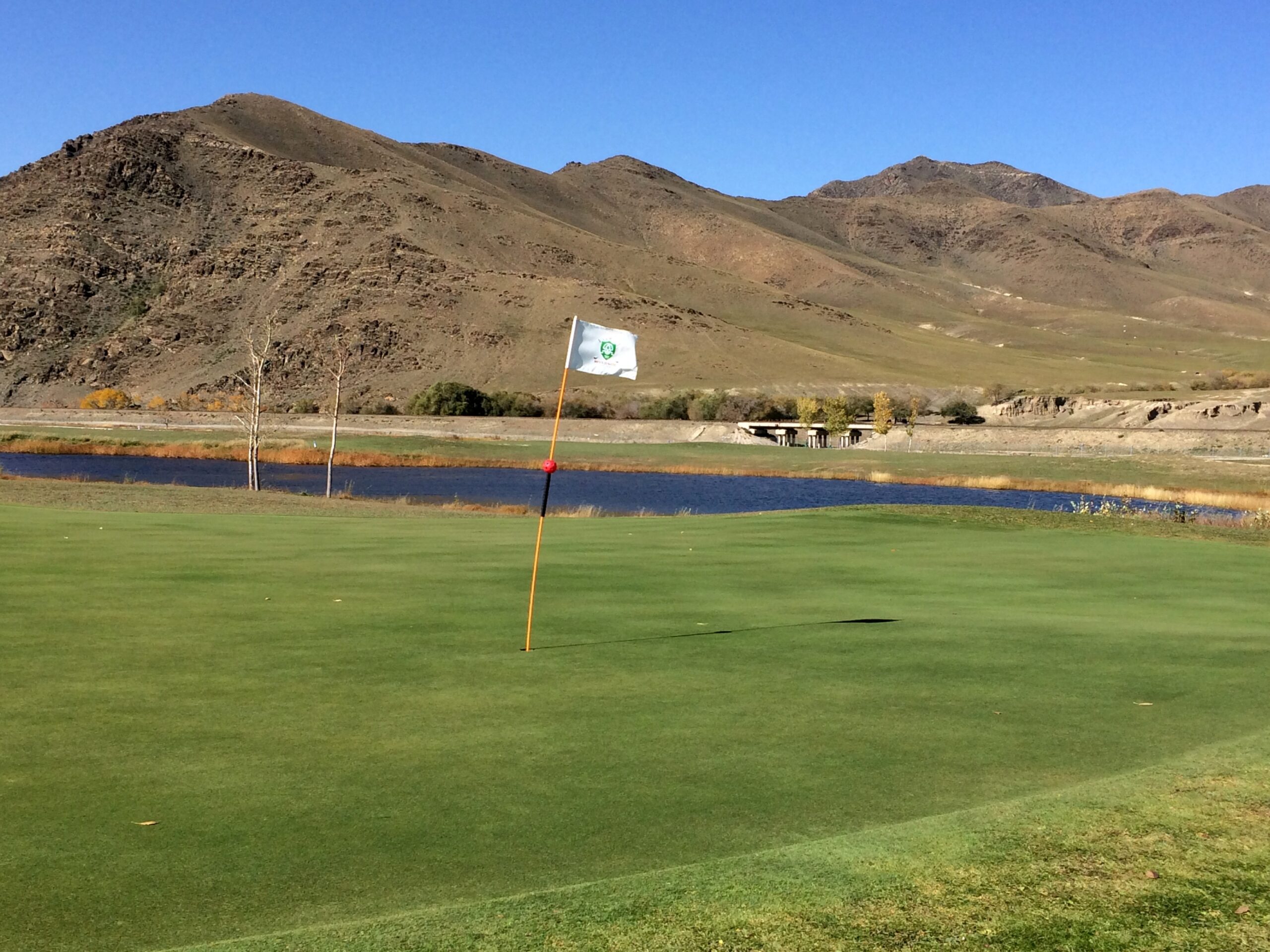
• An unusual highlight of our trip was an event at the Wrestling Palace – not just because of the wrestling, but the whole ceremonial approach: an invocation by the Buddhist priest; the playing of the National Anthem; throat-singing accompanied by music played on traditional stringed instruments; and introductions of the judges and each of the 200 or so wrestlers. Followed by six hours of Mongolian wrestling. We enjoyed it so much that we returned a week later with our colleague, cultural expert David Jones.
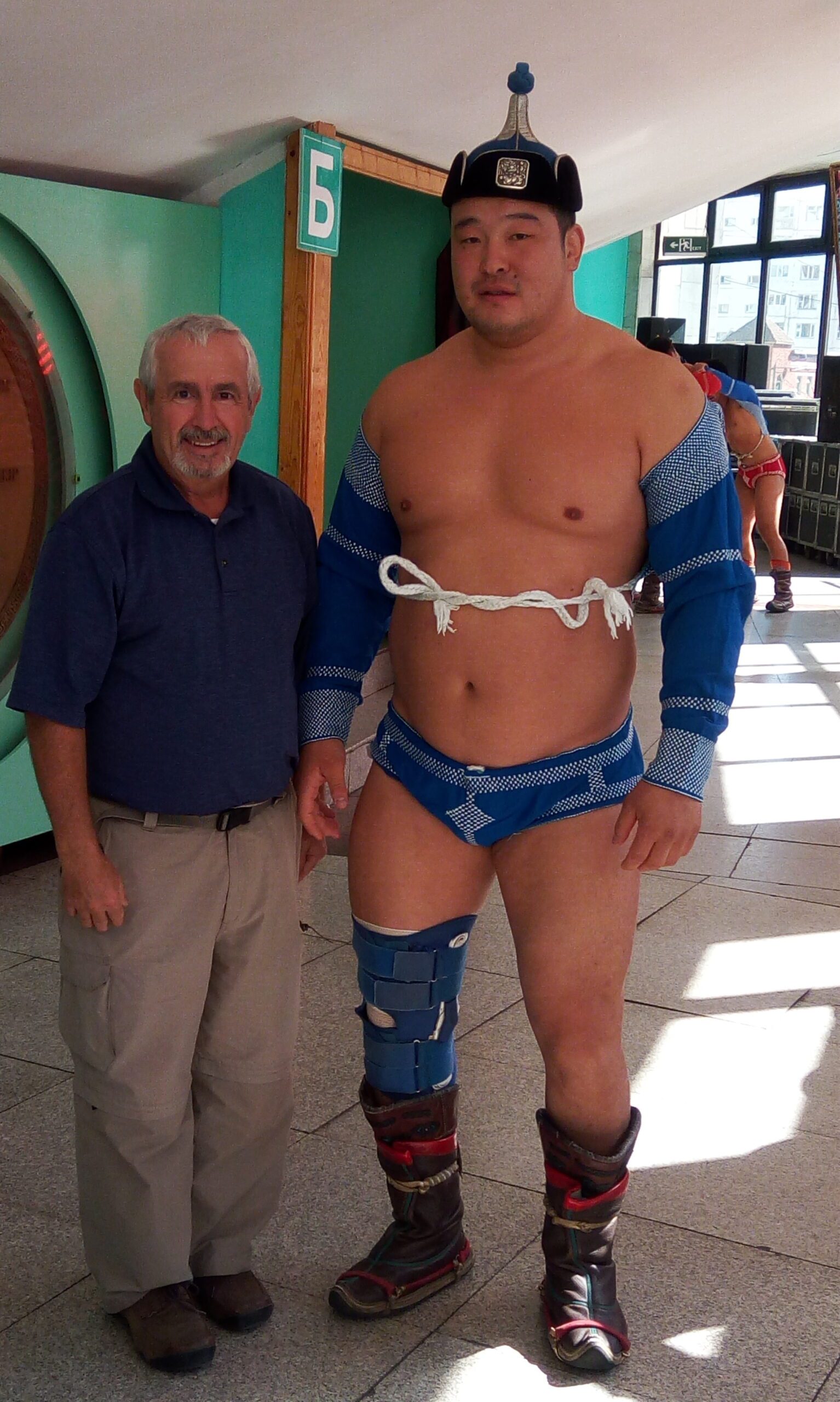
• Soon after we arrived, we got lost walking back to our hotel from the MERIT office. We asked a few people for directions, but they only spoke Mongolian. Fortunately, after a short while we stumbled onto a gentleman who spoke English. After asking him for directions, he insisted on driving us to our hotel in his vehicle. When we offered to compensate him, he refused, smiled and wished us the best…true Mongolian hospitality!
• Driving in Mongolia is a sight to see. Drivers fight for space on the roads. One day, when driving to MRPAM, our driver was forced to remotely close his side mirrors to squeeze between two other cars, with barely inches to spare. We could have shaken hands with the passengers in the cars beside us!
• We also discovered a vibrant ex-pat community when we participated in a monthly pub night and trivia quiz organized by the Canadian ex-pats, where we met, among others, mining consultants and teachers at the international school. (It wasn’t exactly a winning night for the ‘statistical experts,’ aided and abetted by David Jones, although we were awarded the ‘wooden spoon’ – for last place!)
• Fine dining in Ulaanbaatar at the many restaurants serving international as well as Mongolian cuisine – Irish pubs, Indian and Korean restaurants, French cuisine, burger joints, etc.
• The State Department (store) – a once government-owned, now privatized, department store, which sells just about everything, and is an institution in Ulaanbaatar.
• One weekend, Justin and his wife stayed with a Mongolian family in their ‘ger’ (Mongolian yurt). They were treated to the best Mongolian dumplings ever, fermented mare’s milk, shared experiences and stories (with the help of the translator); and they slept overnight in the family’s yurt.
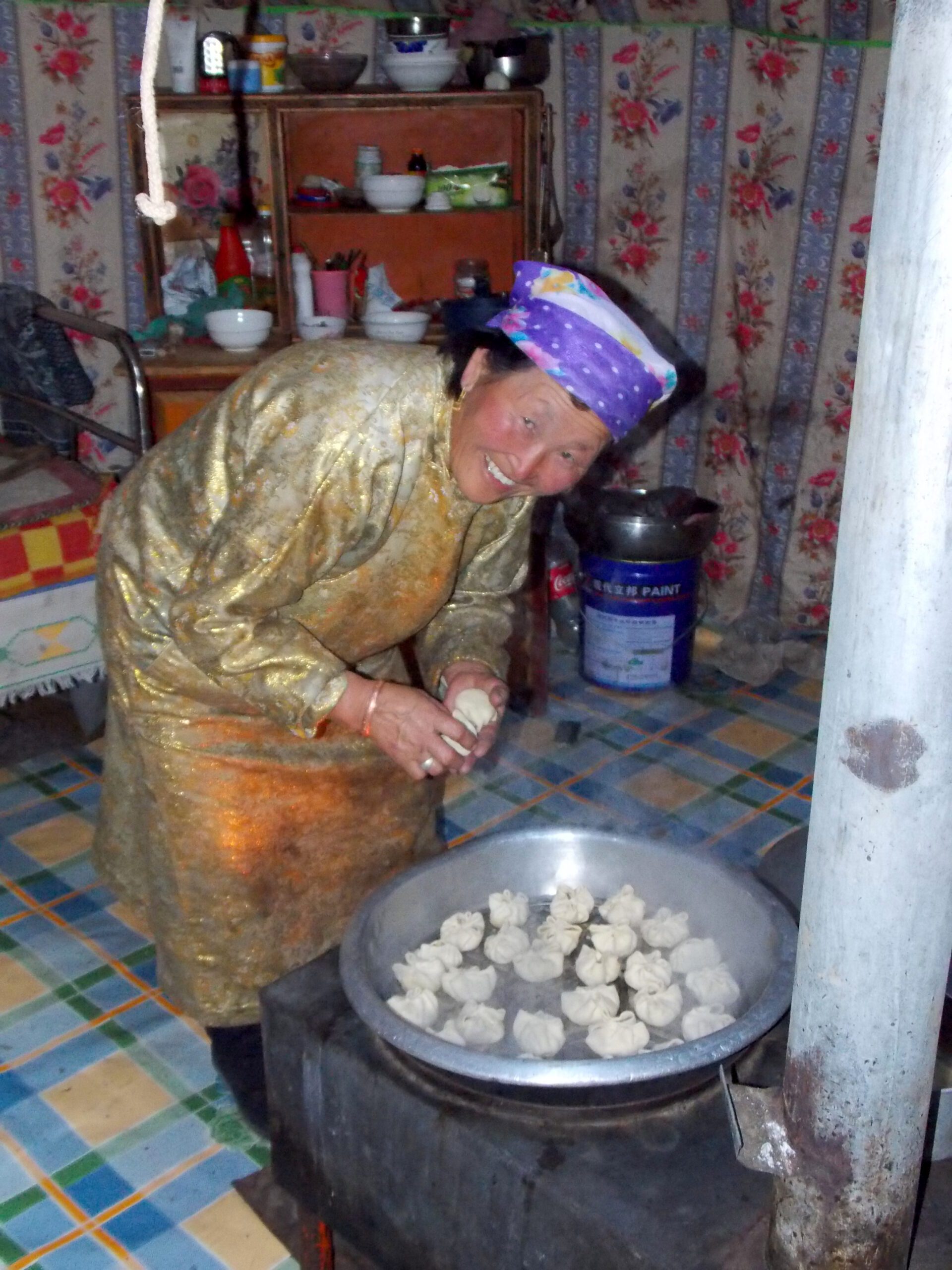
• The beautiful people of Mongolia: proud, hospitable, courteous, trustworthy, curious about Canada – and always wanting to practice their English.
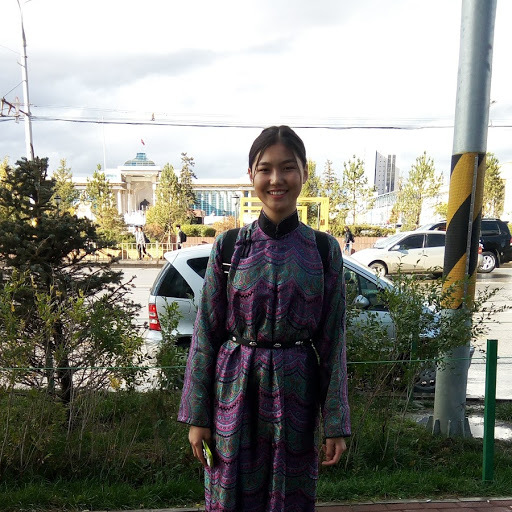
In the four weeks we were there, we developed a great affection for the proud, hard-working Mongolians. We got to know a little about the country and its population of 3 million humans and 70 million livestock. The mission was enriched by getting to know other CESO volunteers; and the support we received from the efficient staff of the MERIT office, ably led by Canadian Cindy Fair. If asked, would we go again? Undeniably, yes!
